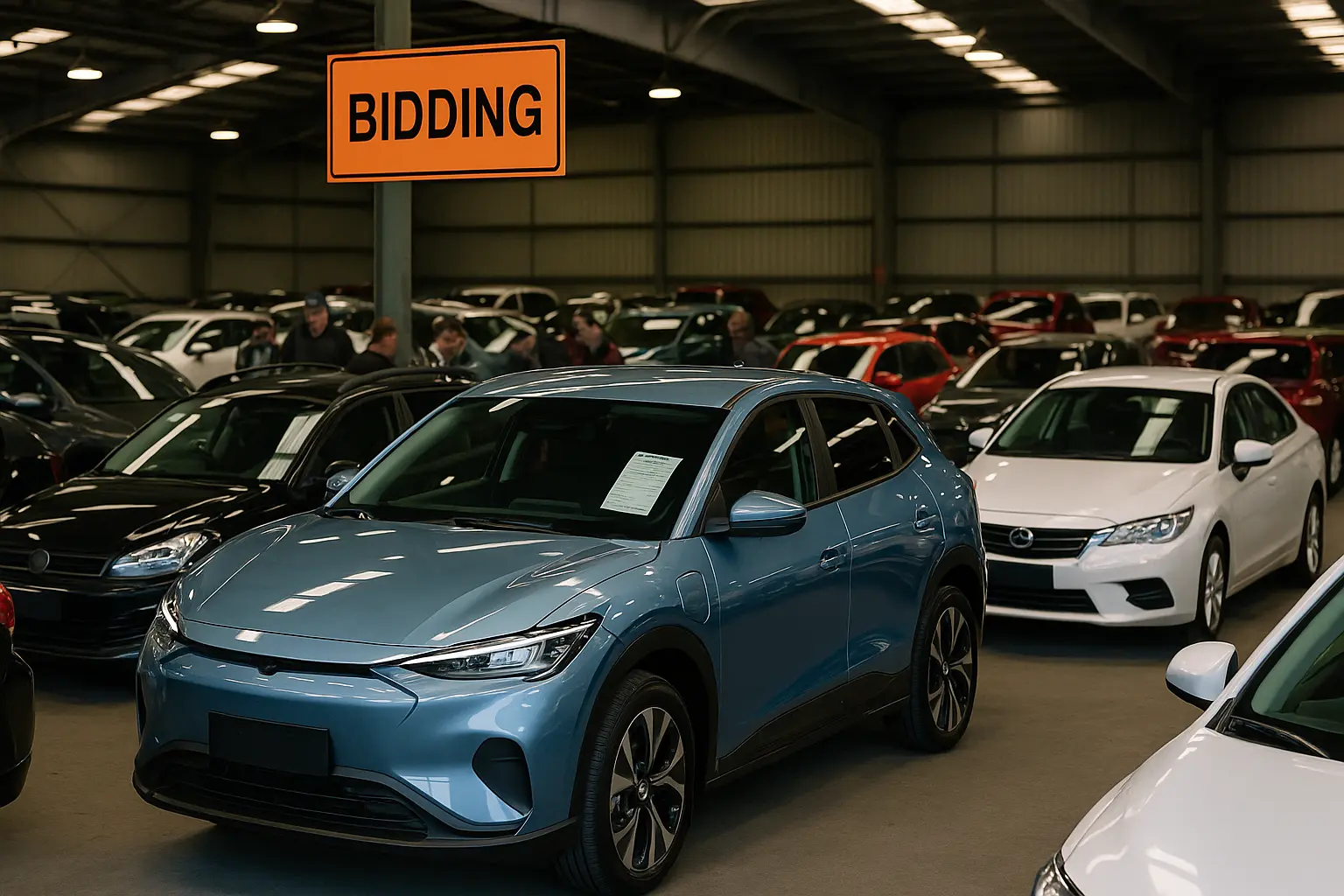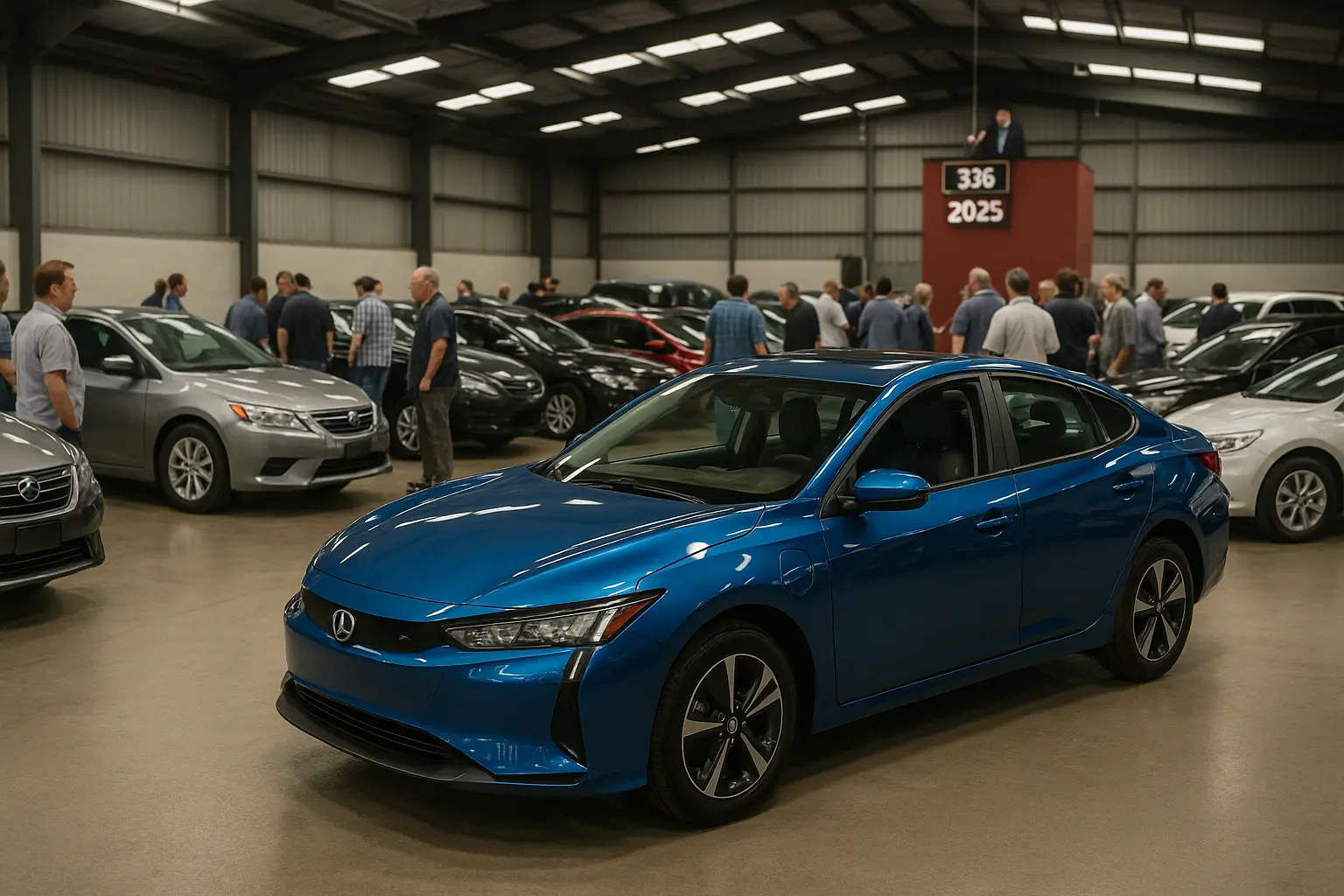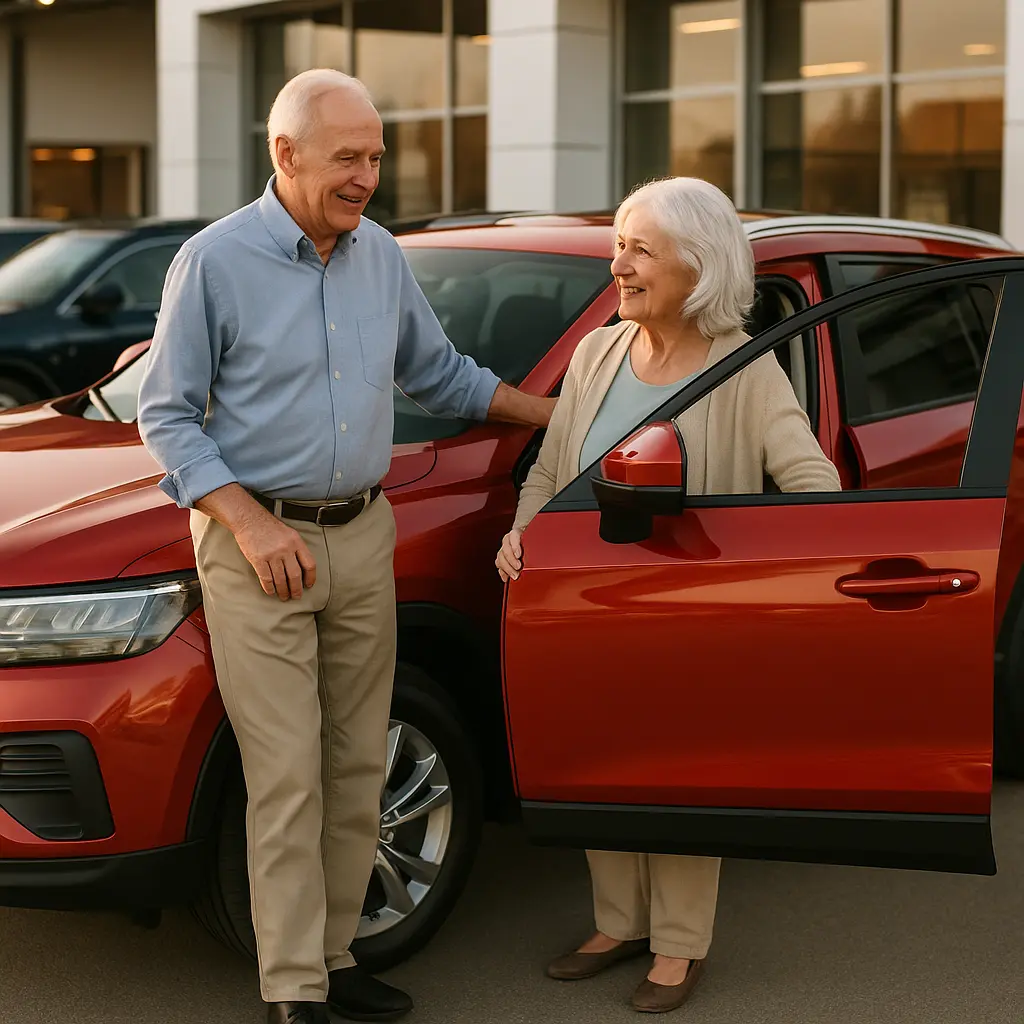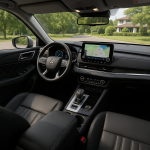Australia’s Car Auction Scene in 2025 – Still Worth It?

Introduction: The Allure of Car Auctions
Car auctions have long been a way for Australians to get behind the wheel for less. Whether you’re a savvy buyer looking for a rare collector’s item or a budget-conscious shopper aiming to save thousands, the auction floor has always carried a certain mystique. But in 2025, with online marketplaces booming and dealership promotions more aggressive than ever, is the auction still the bargain haven it once was?
Let’s break down how car auctions work in Australia today, what’s changed in 2025, and most importantly—whether it’s still a smart way to buy your next car.
1. What Are Car Auctions and How Do They Work in Australia?
Car auctions are events where vehicles are sold to the highest bidder, often without the middleman of a dealership. These auctions are typically organised by:
Government agencies (ex-fleet vehicles)
Finance companies (repossessions)
Fleet companies
Car dealers (ex-demo, overstock, trade-ins)
Private sellers
Online auction platforms (Pickles, Manheim, Lloyds, Grays)
In 2025, both physical and online auctions are common, with the online sector seeing massive growth due to digital transformation, convenience, and wider access to vehicles nationally.
How a Typical Auction Works:
Inspection Day: View the vehicles in person or through detailed listings online.
Registration: Buyers register for bidding with a small fee or deposit.
Bidding Begins: Either live on-site or online in real-time.
Sale is Final: If you win, you pay a deposit immediately. No cooling-off period.
Full Payment & Pickup: Generally within 24–48 hours.
2. Types of Car Auctions Available in 2025
Government Auctions
Often include ex-police, ex-council, or departmental fleet vehicles.
Regular servicing and lower mileage are typical.
Bargain potential is high, especially for utes and sedans.
Repossessed Vehicle Auctions
Organised by finance companies to recover outstanding loans.
Sometimes involve near-new vehicles, often sold below market value.
Dealer & Fleet Auctions
Stock rotation, trade-ins, or ex-demos.
Well-maintained, but with varied pricing depending on condition.
Salvage Auctions
Include write-offs or damaged vehicles.
Best for mechanics or parts traders, not ideal for everyday buyers.
Classic & Collector Car Auctions
High-end or vintage vehicles.
More about rarity and collectibility than bargains.
Online-Only Auctions
Grays, Pickles, and Manheim dominate here in 2025.
Includes timed auctions and fixed-end auctions.
You can bid from anywhere in Australia, expanding your options.
3. Benefits of Buying Cars at Auction
✅ Cheaper Prices
Cars can go for 10–30% below retail, especially in under-the-radar auctions or off-peak seasons.
✅ Wide Variety
From utes to sports cars, you get access to a broader pool than most dealerships offer.
✅ Fleet & Ex-Government Vehicles
Known for meticulous maintenance.
Often lower km for the price compared to private sales.
✅ Fast Turnaround
No long negotiations. If you win the bid, you drive away within days.
✅ Online Convenience
You can browse, inspect virtually, and bid without leaving your home.
4. Risks and Drawbacks of Car Auctions
⚠️ No Test Drives
Inspections are visual only. You’re buying "as is, where is."
⚠️ No Warranty
Cars sold at auction usually have no warranty or statutory protection (unless otherwise stated).
⚠️ Potential Hidden Issues
Engine problems, dodgy repairs, flood damage—if you don’t inspect thoroughly, you might inherit them.
⚠️ Buyer's Premium
Auction houses typically charge a buyer’s fee (around 5–10%), which adds to your cost.
⚠️ No Refunds
Once the hammer drops, you’re committed. Even if the car has issues.
5. 2025 Trends Shaping Car Auctions in Australia
Rise of Online Auctions
COVID-era habits stuck around. Over 70% of auctions are now online.
Platforms like Pickles Live and Grays have mobile bidding apps.
AI-Powered Condition Reports
Auctions now include AI-generated vehicle condition scores, giving buyers more confidence.
Demand for EVs and Hybrids
Electric vehicles are making their way into auctions—ex-rentals and fleet returns.
Lower upfront prices, but buyers need to check battery health closely.
More Consumer Participation
Not just for dealers anymore. Everyday Aussies are increasingly participating.
Financing Partnerships
Auction houses now offer in-house or partnered finance options, making access easier.
6. Best Places to Buy Cars at Auction in Australia (2025 Edition)
| Auction House | Types of Vehicles | Online Access | Known For |
|---|---|---|---|
| Pickles | Fleet, gov, repos | Yes | Large selection, strong reputation |
| Manheim | Dealer trade-ins, salvage | Yes | National reach, good for variety |
| Grays | Budget cars, salvage, classics | Yes | Online-only platform |
| Lloyds Auctions | Classic cars, high-end | Yes | Collector and rare vehicle focus |
| Slattery Auctions | Industrial, fleet | Yes | Good for utes and trucks |
| AuctionsRus | Mixed bag | Yes | Often smaller but less competitive |
7. Tips for Scoring a Good Deal at Auction
Research the Market: Check RedBook, Carsales, and Facebook Marketplace to benchmark price.
Inspect Thoroughly: Get a mobile mechanic or use inspection services if buying online.
Set a Hard Budget: Don’t get caught in a bidding war.
Understand the Fees: Know the buyer’s premium, admin fees, and GST.
Know Your Vehicle Code: VIN checks and PPSR reports are essential.
Be Early: The best vehicles get competitive quickly. Early birds get the bargain.
Look at Repossessions: These are often under 3 years old and less used.
8. Are Auctions Still a Good Option in 2025?
Short Answer: Yes—if you're informed.
Car auctions in Australia have evolved. While you can still get a killer deal, the game has changed:
Transparency is improving with better digital reporting and inspection tools.
Prices remain lower than retail, though not always by huge margins.
Accessibility has never been higher with mobile bidding apps and online-only sales.
If you’re confident in reading condition reports, understanding auction fees, and willing to do your research, auctions can save you thousands.
9. Alternatives to Car Auctions in 2025
If the auction scene feels too risky or overwhelming, here are some alternatives:
Certified Pre-Owned Programs: Higher price, but peace of mind.
Dealer Demo Sales: Often well-maintained with low km and warranty.
Online Marketplaces (e.g., Carsales, Drive): Greater transparency, reviews, and negotiation room.
Car Subscription Services: Try before you commit to buying.
Private Sales: If you're confident with inspections and negotiation.
10. Final Verdict – Who Should Buy at Auction?
Best For:
Budget buyers looking for ex-fleet vehicles.
Enthusiasts hunting classic cars.
People who can inspect or understand risk.
Those who can act quickly and decisively.
Not Ideal For:
First-time buyers without inspection knowledge.
Anyone who wants a warranty or finance included.
Buyers who need a test drive before committing.
Conclusion:
The car auction scene in Australia in 2025 is alive, thriving, and evolving with technology. If you play it smart—do your homework, set a strict budget, and understand the risks—you can walk away with a bargain car that suits your lifestyle and wallet.
But it’s not for everyone. Make sure you weigh up the pros and cons before raising your paddle or clicking ‘bid now.’
Leave a comment
Your email address will not be published. Required fields are marked *




















